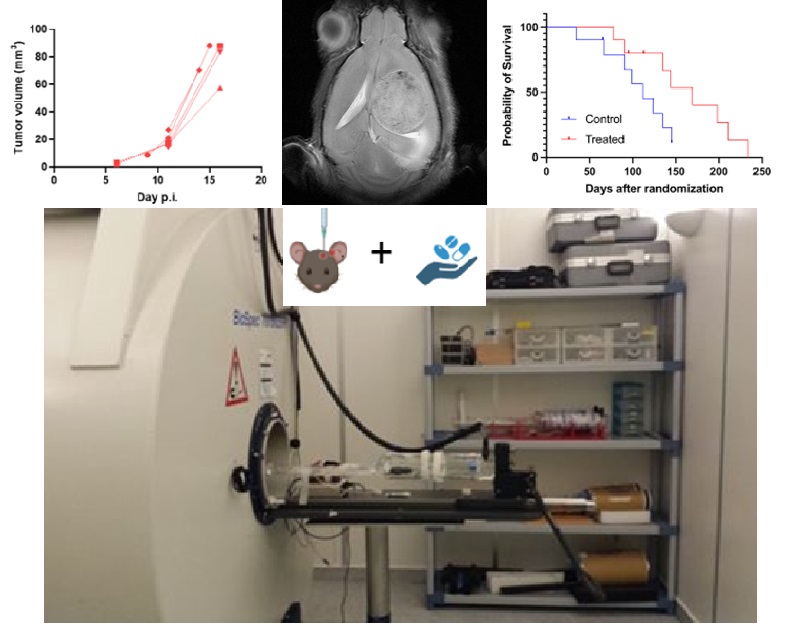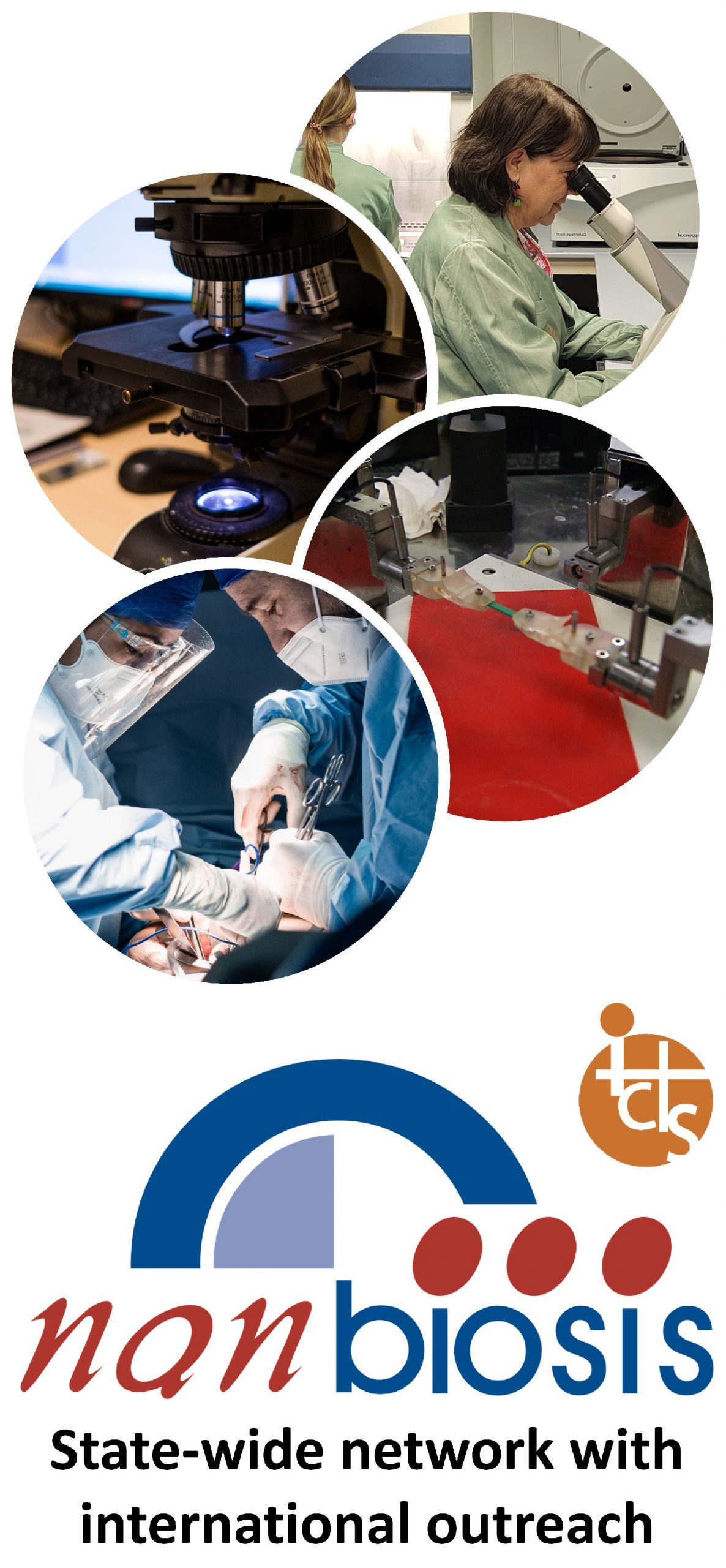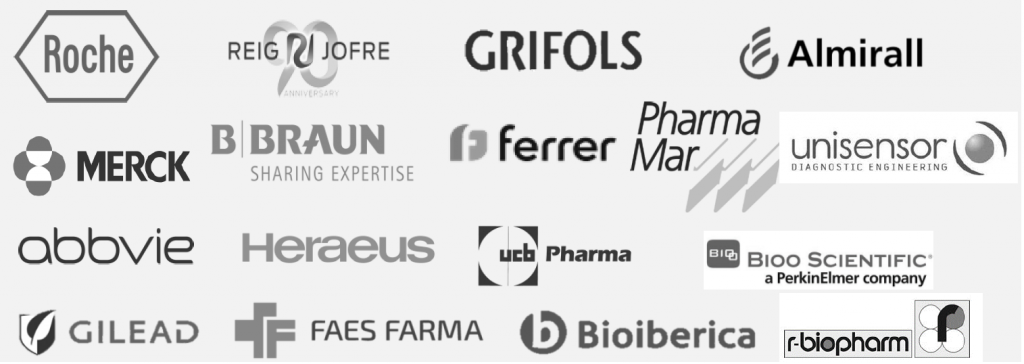
On World Pharmacists’ Day, NANBIOSIS Units highlighted for breakthroughs in pulmonary drug delivery and cancer research, advancing treatments for respiratory diseases and brain cancer.
Barcelona and Zaragoza, September 2024. On World Pharmacists Day, we celebrate the vital contributions pharmacists make, not only in patient care but also in groundbreaking research that is shaping the future of healthcare. This year 2024, we want to give this significant date a little twist: by showcasing a few examples of how our Units are contributing to healthcare and new pharmaceutical approaches. Two key NANBIOSIS units —Unit 9 and Unit 25— are at the forefront of said scientific advancements, offering promising solutions for respiratory diseases and cancer treatments.
Innovative pulmonary drug delivery
One of the most appealing means to treat respiratory diseases is the delivery directly into the lungs by the use of aerosols containing the drug. This allows having a highly concentrated drug dose in the affected tissue, without exposing the rest of the body to it. However, when done as a dry aerosol powder, this strategy suffers an important drawback: the difficult dispersion of solid particles whose sizes are in the micron or even nanometric scale, which tend to form clusters and larger structures and thus hindering the delivery. And this is where Unit 9 comes to play.
In collaboration with the University of Zaragoza (UNIZAR), our researchers M. Pilar Lobera, Jesús Santamaría and their coworkers, have made remarkable strides in improving this type of pulmonary drug delivery. They have developed an advanced aerosol generator that addresses key limitations in traditional inhalers, including inconsistent dosing and poor control of particle size.
“All nanoparticles used in the validation of this method of aerosolization were synthesized by Unit 9, using coprecipitation, microfluidics or electro-spraying methods.”
— M. Pilar Lobera
This aerosol generator delivers highly dispersed particles directly to the alveoli, the deepest part of the lungs where drug absorption is most effective. The technology offers several crucial benefits:
- Precise particle control for targeted lung delivery, free of aggregates.
- Improved bioavailability, ensuring more effective treatment targeting the alveoli and other targeted regions within the lungs.
- Reproducible dosing across different patients, regardless of how damaged is their lung function.
These advances have the potential to revolutionize the treatment of respiratory conditions such as asthma, chronic obstructive pulmonary disease (COPD), cystic fibrosis, and lung cancer. Capable of aerosolizing a wide range of particles containing diverse biomolecules, including proteins and peptides, the device also shows promise for inhaled vaccines.

In testing, the device achieved a fourfold increase in alveolar deposition compared to current inhalers, with 99% of particles sized optimally for deep lung delivery, all the way into the alveoli. This breakthrough marks a significant step forward in making inhaled therapies more effective and accessible for patients.
Advancing cancer research
Meanwhile, at NANBIOSIS Unit 25, located at Universitat Autònoma de Barcelona (UAB), researchers are pushing the boundaries of cancer treatment through cutting-edge imaging technologies. Ana Paula Candiota explains to us how their Bruker 7T MRI/MRS/MRSI preclinical scanner allows scientists to noninvasively monitor cancer progression in live animal models. This is particularly interesting in orthotopic models, where tumors grow in their natural location. This technology is crucial for accurately assessing the efficacy of new cancer drugs over time, offering an advantage over traditional subcutaneous models.
One of the standout projects at Unit 25 involved testing a novel treatment for glioblastoma, one of the most aggressive forms of brain cancer. Researchers used intranasally administered Catechol-Based Pt(IV) Coordination Polymer Nanoparticles encapsulating cisplatin. This innovative approach reduced the drug’s toxicity while maintaining its effectiveness, showing great promise for noninvasive cancer therapies.
“The encapsulation aimed to reduce cisplatin’s toxicity, and the study yielded promising results.”
— Ana Paula Candiota
The work being done at Unit 25 highlights the importance of advanced technology and collaboration in the fight against cancer. By enabling more precise evaluation of drug effectiveness and reducing harmful side effects, these innovations bring us closer to more targeted, patient-friendly treatments.
For more information about this research, see the original article here: https://doi.org/10.3390/nano12071221

Celebrating Pharmacists’ impact on research and healthcare
The groundbreaking research taking place at NANBIOSIS Units 9 and 25 reminds us of the essential role pharmacists play, not only in providing care but also in driving medical innovation. Whether that means improving drug delivery systems for respiratory diseases or developing noninvasive cancer treatments, their work is shaping a healthier future for all.
What is NANBIOSIS?
The goal of NANBIOSIS is to provide comprehensive and integrated advanced solutions for companies and research institutions in biomedical applications. All of this is done through a single-entry point, involving the design and production of biomaterials, nanomaterials, and their nanoconjugates. This includes their characterization from physical-chemical, functional, toxicological, and biological perspectives (preclinical validation).
Leading scientists
The main value of NANBIOSIS is our highly qualified and experienced academic scientists, working in public institutions, renowned universities and other research institutes.
Custom solutions
Designed for either scientific collaboration or the private industry, we adapt our services to your needs, filling the gaps and paving the way towards the next breakthrough.

Cutting-Edge facilities
Publicly funded, with the most advanced equipment, offering a wide variety of services from synthesis of nanoparticles and medical devices, including up to preclinical trials.
Standards of quality
Our services have standards of quality required in the pharmaceutical, biotech and medtech sectors, from Good Practices to ISO certifications.
In order to access our Cutting-Edge Biomedical Solutions with priority access, enter our Competitive Call here.
NANBIOSIS has worked with pharmaceutical companies of all sizes in the areas of drug delivery, biomaterials and regenerative medicine. Here are a few of them:









